UK new car registrations predictions for 2023 have been downgraded by between 7% and 15% as Cox Automotive predicts faltering vehicle supplies may not recover until Q3 next year.
The automotive services giant revealed downgrades to its upside, baseline and worst case scenarios for the automotive sector in the latest edition of its monthly Autofocus report, with insight and strategy director Philip Nothard suggesting that “marginal” gains in supply would likely remain isolated to “specific makes and models”.
Stalling demand caused by the cost-of-living crisis, rising manufacturing costs for carmakers and ongoing issues related to the availability of parts – compounded by the war in Ukraine – all played a part in informing the renewed outlook.
Cox’s upside scenario has been downgraded by 15% and predicts that 2023 will end on 1.77 million registrations, a 15.6% increase year-on-year but 23.1% down compared to the 2000 to 2019 average.
The revised baseline for 2023 is 10% down on previous predictions and would see the year ending on 1.68m registrations, 9.5% up year-on-year and 27.1% down compared to the 2000 to 2019 average.
The worst-case scenario, now 7% lower, forecasts 1.55m registrations, 1.3% up year-on-year but 32.6% down on the 2000 to 2019 average.
 Nothard expects the 31m unit decrease in cars produced in the two years following COVID-19 lockdowns is likely to rise to over 40m over three years, “if not more”. He said: "It was previously predicted – or hoped – that the production of new vehicles would return to normality by the end of 2022.
Nothard expects the 31m unit decrease in cars produced in the two years following COVID-19 lockdowns is likely to rise to over 40m over three years, “if not more”. He said: "It was previously predicted – or hoped – that the production of new vehicles would return to normality by the end of 2022.
“But unfortunately, many manufacturers indicate this won't be the case until at least the second or third quarter of 2023.
“This a worrying thought, but I should caveat that supply has improved marginally this year, particularly for specific makes and models, and that manufacturers continue to find new ways to source the vital materials they need to drive supply up.”
AM recently reported on new car registrations data for Europe – published by Jato Dynamics – which showed the growing influence of Chinese-built vehicles on the UK market.
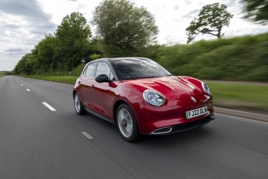 With the arrival of new brands NIO and Great Wall’s Ora adding to the growth of MG and Geely-owned Volvo and Polestar, that is only likely to grow in the year ahead.
With the arrival of new brands NIO and Great Wall’s Ora adding to the growth of MG and Geely-owned Volvo and Polestar, that is only likely to grow in the year ahead.
Nothard said: "Chinese brands continue to gain a strong foothold in the UK, and it's only a matter of time before they become a significant presence in terms of sales.
“China is already the world's largest body of the electric vehicle market, with over 1.3 million units sold annually, representing 40% of sales worldwide.
“Europe, of course, is slowly moving towards a greener future. Still, for this, we will need more electric vehicle-centric manufacturers providing the clean cars legislation, and consumer demand necessitates – perhaps Chinese brands present an additional solution."
The introduction of agency model car retail could also serve to keep volumes down in 2023.
A report published by the ICDP yesterday questioned whether carmakers pursuing the switch from franchise agreements to an agency model could manage production volumes to maintain profitability while avoiding a future scenario of oversupply.

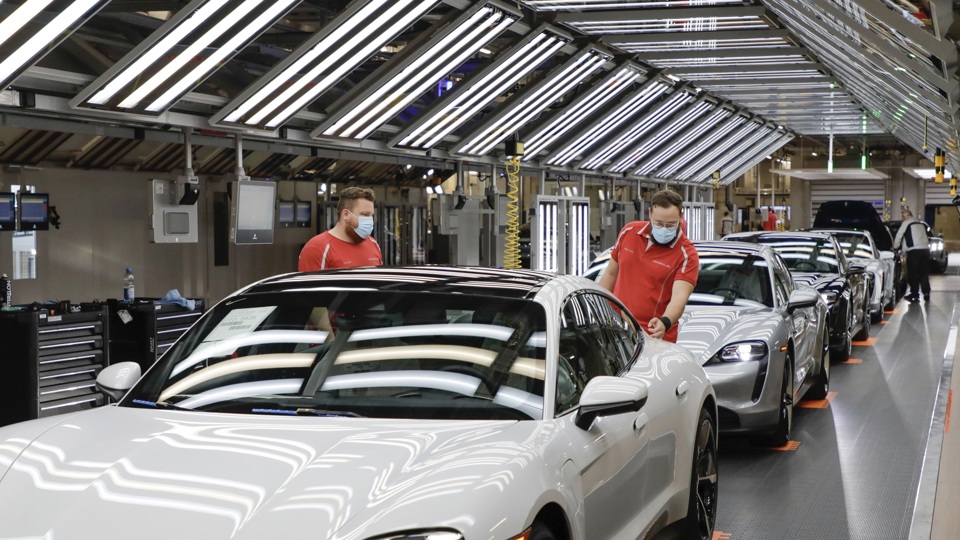
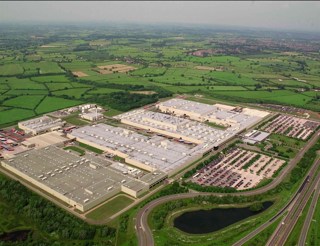

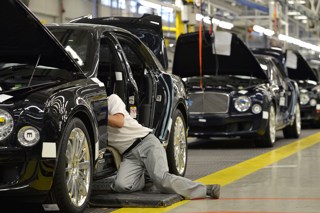

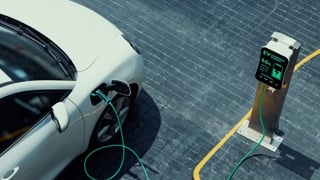












Login to comment
Comments
No comments have been made yet.